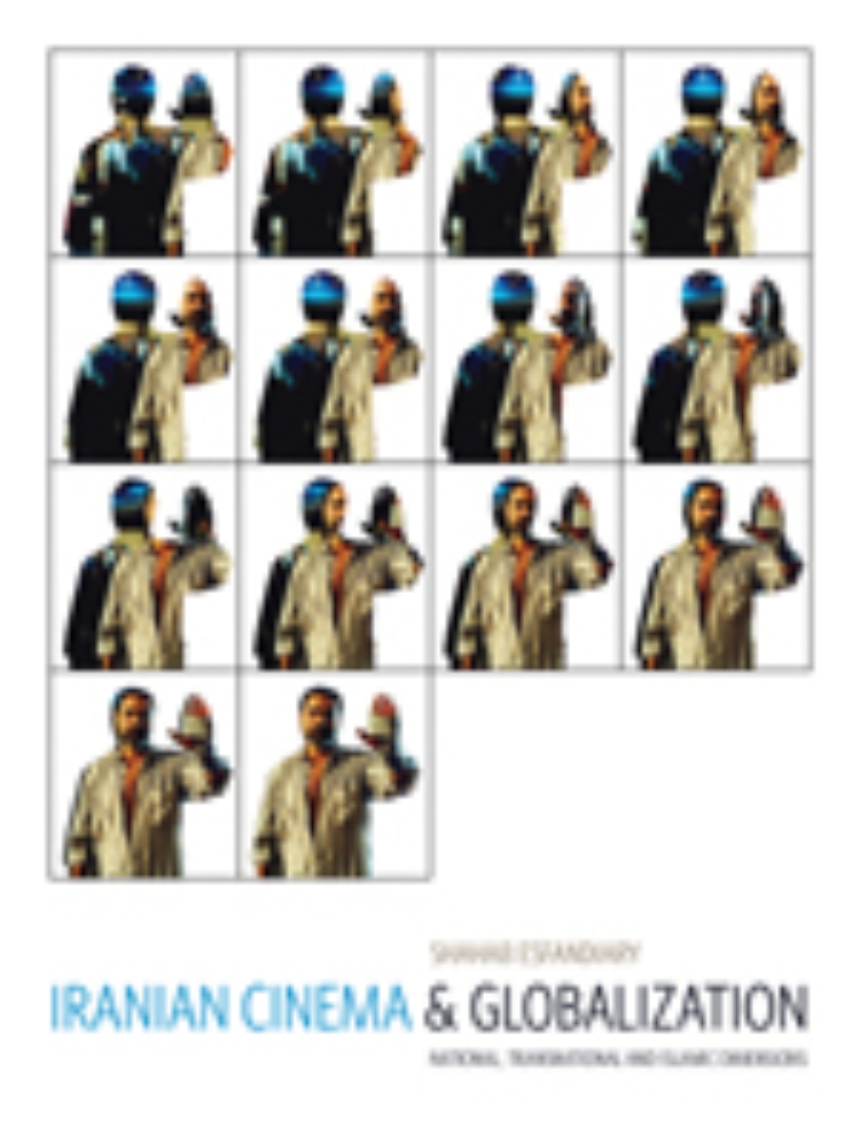Distributed for Intellect Ltd
Iranian Cinema and Globalization
National, Transnational, and Islamic Dimensions
Despite critical acclaim and a recent surge of popularity with Western audiences, Iranian cinema has been the subject of lamentably few academic studies—and those have by and large been limited to the films and filmmakers most visible on the international film circuit. Iranian Cinema and Globalization seeks to broaden readers’ exposure to other dimensions of Iranian cinema, including the works of the many prolific filmmakers whose films have received little outside attention despite being widely popular within Iran. Combining theories of globalization and national cinema with in-depth, interdisciplinary analyses of individual films, this volume expands the current literature on Iranian cinema with insights into the social, and religious political contexts involved.
Reviews
Table of Contents
Acknowledgments
Introduction
Part I: Theoretical Framework
Chapter 1: Making Sense of Globalization
Introduction
The global field
Global flows
A framework of the globalization theories
Chapter 2: The Concept of National Cinema: Theorization and Critique
Introduction
National cinema as ’intertextual symptom’
National cinema as cultural/economic weapon
National cinema as ’the other’ of Hollywood
National cinema as ’cultural specificity’
The relevance of ’national cinema’ in the age of globalization: Arguments for and against
Conclusion
Part II: Iranian Cinema and Globalization
Chapter 3: Iranian Cinema in the World Cinema Circuit: Politics, Economics and Aesthetics
The foundations of a ’new cinema’
The emergence of Muslim film-makers
Debate and controversy over international awards
The economics and politics of international festivals
Selecting the examples
Chapter 4: Mohsen Makhmalbaf’s ’Transnational’ Cinema and Globalization
Introduction
Critique of the ’transnational institution of art’
Makhmalbaf: From ’the local’ to ’the transnational’
Banal transnationalism
Sex and Philosophy
Scream of the Ants
The rise and fall of an ’idol’
Transnational film-makers and territorial attachments
Conclusion
Chapter 5: Daryush Mehrjui’s ’National’ Cinema and Globalization
Introduction
The complex relation of ’the national’ and ’the Islamic’
Iranian cinema’s new wave and the early impact of globalization
Mehrjui and the post-revolution circumstances
The Lodgers
Mum’s Guests
Conclusion
Chapter 6: Ebrahim Hatami-kia’s ’Sacred Defense’ Cinema and Globalization
Introduction
Muslim Film-makers: From Makhmalbaf to Hatami-kia
The Scout: Constructing the image of the basiji
From Karkhe to Rhine: Recognition of ’the other’
Glass Agency: return of the rebel
Conclusion
Appendix 1: Interview with Abbas Kiarostami
Appendix II: Interview with Majid Majidi
Appendix III: Interview with Emad Afroogh
Appendix IV: Interview with Mohammad-reza Jafari-jelveh
Bibliography

